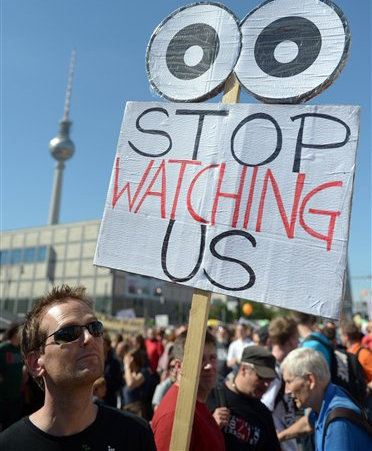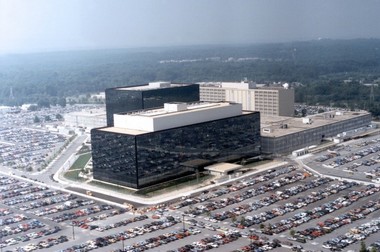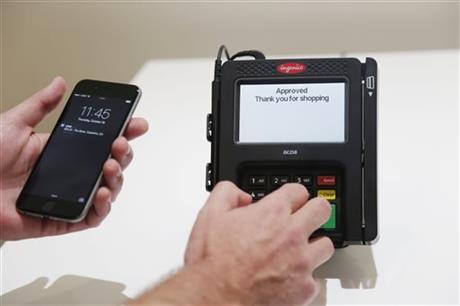

BERLIN (AP) — The U.S. National Security Agency is able to crack protective measures on iPhones, BlackBerry and Android devices, giving it access to users’ data on all major smartphones, according to a report Sunday in German news weekly Der Spiegel.
The magazine cited internal documents from the NSA and its British counterpart GCHQ in which the agencies describe setting up dedicated teams for each type of phone as part of their effort to gather intelligence on potential threats such as terrorists.
The data obtained this way includes contacts, call lists, SMS traffic, notes and location information, Der Spiegel reported. The documents don’t indicate that the NSA is conducting mass surveillance of phone users but rather that these techniques are used to eavesdrop on specific individuals, the magazine said.
The article doesn’t explain how the magazine obtained the documents, which are described as “secret.” But one of its authors is Laura Poitras, an American filmmaker with close contacts to NSA leaker Edward Snowden who has published several articles about the NSA in Der Spiegel in recent weeks.
The documents outline how, starting in May 2009, intelligence agents were unable to access some information on BlackBerry phones for about a year after the Canadian manufacturer began using a new method to compress the data. After GCHQ cracked that problem, too, analysts celebrated their achievement with the word “Champagne,” Der Spiegel reported.
The magazine printed several slides alleged to have come from an NSA presentation referencing the film “1984,” based on George Orwell’s book set in a totalitarian surveillance state. The slides — which show stills from the film, former Apple Inc. chairman Steve Jobs holding an iPhone, and iPhone buyers celebrating their purchase — are captioned: “Who knew in 1984…that this would be big brother…and the zombies would be paying customers?”
Snowden’s revelations have sparked a heated debate in Germany about the country’s cooperation with the United States in intelligence matters.
On Saturday, thousands of people in Berlin protested the NSA’s alleged mass surveillance of Internet users. Many held placards with slogans such as “Stop watching us.”
Separately, an incident in which a German police helicopter was used to photograph the roof of the American consulate in Frankfurt has caused a minor diplomatic incident between the two countries.
German magazine Focus reported Sunday that U.S. Ambassador John B. Emerson complained about the overflight, which German media reported was ordered by top officials after reports that the consulate housed a secret espionage site.
A U.S. embassy spokesman downplayed the story, saying “the helicopter incident was, naturally enough, the subject of embassy conversation with the Foreign Ministry, but no demarche or letter of complaint about the incident was sent to the German government.”



